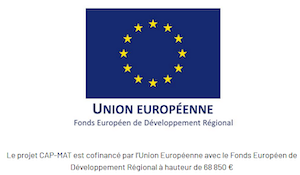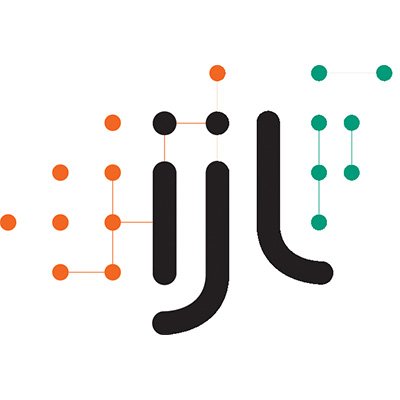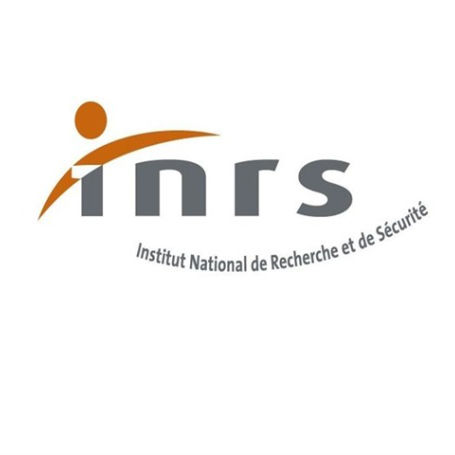Global context
The CAP-MAT project is part of a regional dynamic around materials and sensors. Lorraine is known for its quest for excellence in materials and metallurgy science and technology. Thus, as part of the University of Lorraine’s response to the ISITE call for tenders, Lorraine Université d’Excellence (LUE), one of the flagship projects is a project on nanomaterials for sensors: N4S (Nanomaterials for Sensors) bringing together 8 Lorraine laboratories federated within the 4 themes around sensors.
The region also hosts the annual World Materials Forum and its cohort of global materials specialists. The CAP-MAT project is positioned in the “Smart Factory” theme: it involves developing intelligent sensors for the transformation of materials, integrating the entire chain from resources to finished products. The creation of a team of managers, the “office”, will make it possible to centralize the various sensor needs, but also the existing skills in this field within the various actors of research and development in Lorraine.
Based on the knowledge of the multidisciplinary team, a first selection of sensors will be made to start the study.
Research Goal:
-
The development of a “sensor needs collection platform”. This system aims to provide a space for submitting requests and demands but also a “suggestion box” of sensors powered by research at the University of Lorraine.
-
The development of the first 2 sensors (magnetic sensor and gas sensor). The latter will allow to test the development process, i.e. the launch of new sensor design projects based on ideas emerging in the scientific community.
Academical partnerships
Industrial partnerships
Contact
- Vincent Boly: vincent.boly{at}univ-lorraine.fr
- Alaa Hassan: alaa.hassan{at}univ-lorraine.fr
- Fatima Ezzahra: Hamdani: fatima-ezzahra.hamdani{at}univ-lorraine.fr
Funding
The CAP-MAT project is est co-financed by the European Union with European Regional Development Fund to the tune of 68 850 €
- Timming of the project: 01/01/2019 au 31/12/2022
- Budget of the project: 929 412.85€
- FEDER Contributions : 551 495.85€




